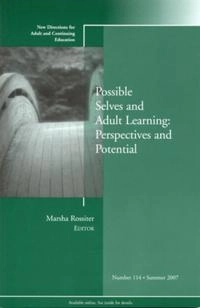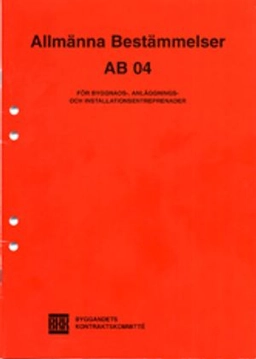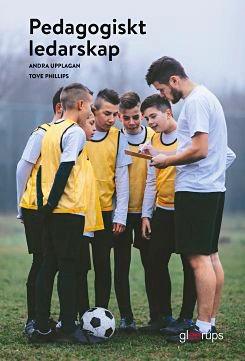

Possible Selves and Adult Learning: Perspectives and Potential: New DirectiUpplaga 1
- Upplaga: 1a upplagan
- Utgiven: 2007
- ISBN: 9780470183298
- Sidor: 96 st
- Förlag: John Wiley & Sons
- Format: Häftad
- Språk: Engelska
Om boken
Åtkomstkoder och digitalt tilläggsmaterial garanteras inte med begagnade böcker
Mer om Possible Selves and Adult Learning: Perspectives and Potential: New Directi (2007)
I juli 2007 släpptes boken Possible Selves and Adult Learning: Perspectives and Potential: New Directi skriven av Horace Engdahl. Det är den 1a upplagan av kursboken. Den är skriven på engelska och består av 96 sidor. Förlaget bakom boken är John Wiley & Sons som har sitt säte i Hoboken.
Köp boken Possible Selves and Adult Learning: Perspectives and Potential: New Directi på Studentapan och spara pengar.
Referera till Possible Selves and Adult Learning: Perspectives and Potential: New Directi (Upplaga 1)
Harvard
Oxford
APA
Vancouver



















